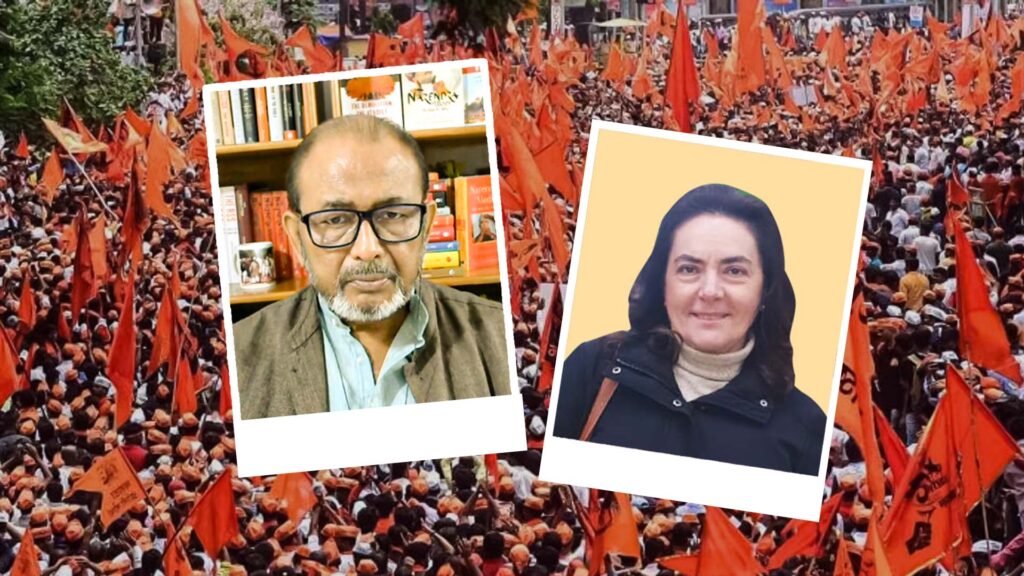As the Rashtriya Swayamsevak Sangh (RSS) celebrates its centenary, The Federal interviews Professor Marzia Casolari, an Italian scholar specializing in Hindu nationalist politics. She discusses the influence of Italian fascism on Indian leaders like BS Munje and Subhas Chandra Bose and the ongoing impact on Hindutva organizations.
Munje, a leader of the Hindu Mahasabha, met Mussolini during a trip to Italy in 1931 and aimed to implement similar organizational structures in the RSS, focusing on militarizing Hindu society and promoting Hinduization. His experiences influenced RSS founder KB Hedgewar, who established institutions like the Bhonsala Military School to train Hindu youth both militarily and ideologically.
Earlier connections existed between Indian nationalists and Italian fascists, exemplified by Rabindranath Tagore’s visit, which Italian scholars misused for propaganda. Giuseppe Tucci, an Italian scholar in India, furthered fascist ideologies among Indian intellectuals, promoting Italy’s anti-British agenda.
Bose’s interactions with Italian fascists included organizing the Congress of Asian Students in Rome in 1933, although he was not a full advocate of fascism; rather, he blended socialism with alliances against British rule.
The legacy of fascist influence persists in contemporary Hindu nationalist groups, which exhibit methods reminiscent of fascism, particularly in their treatment of minorities. The analysis also touches upon India’s modern support for Israel, suggesting that the alignment aligns more with current political strategy than historical ideology.
Overall, the historical ties between Italian fascism and Indian Hindu nationalist movements underline how global ideologies have been locally adapted, shaping political strategies and organizational structures that continue to resonate today.



